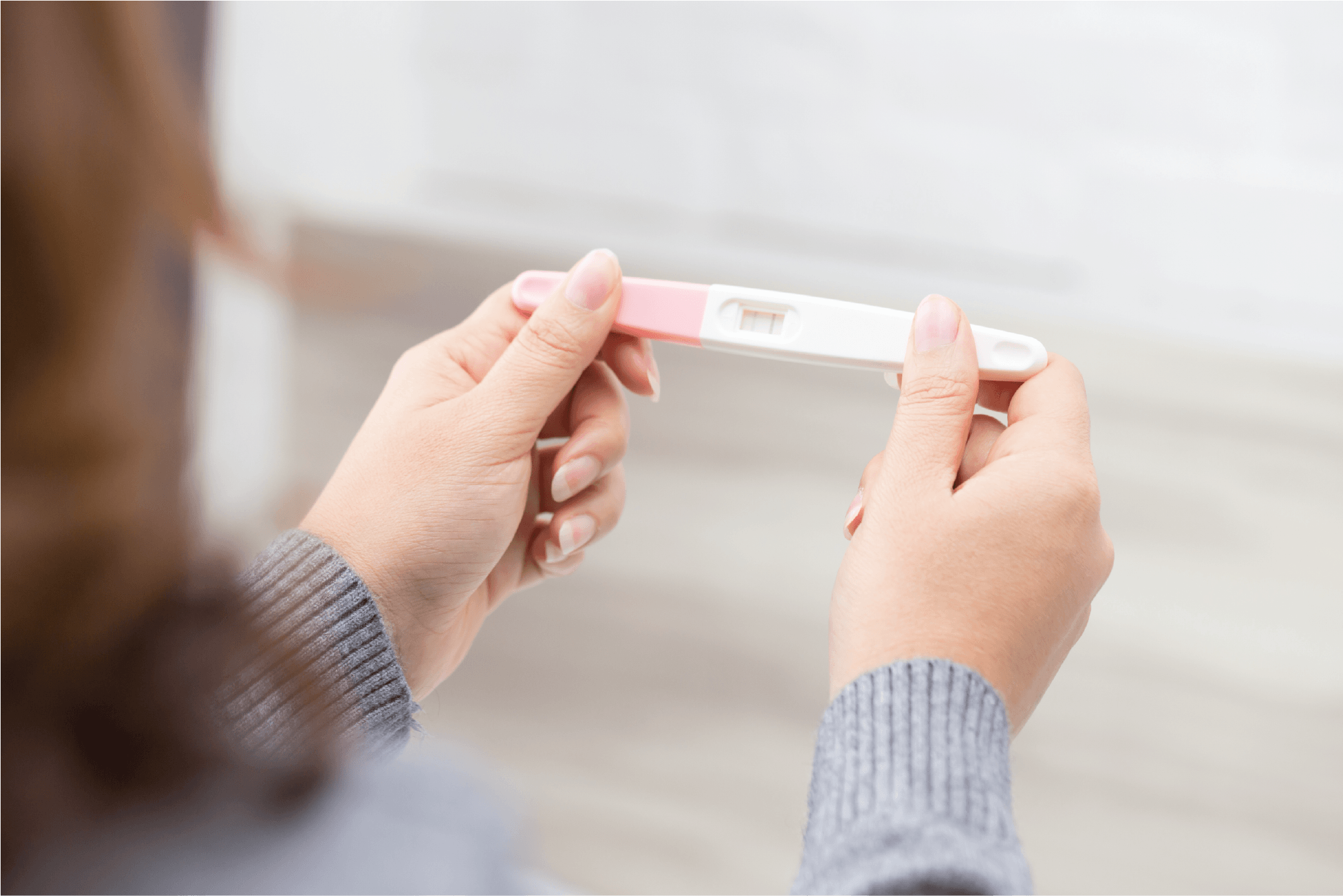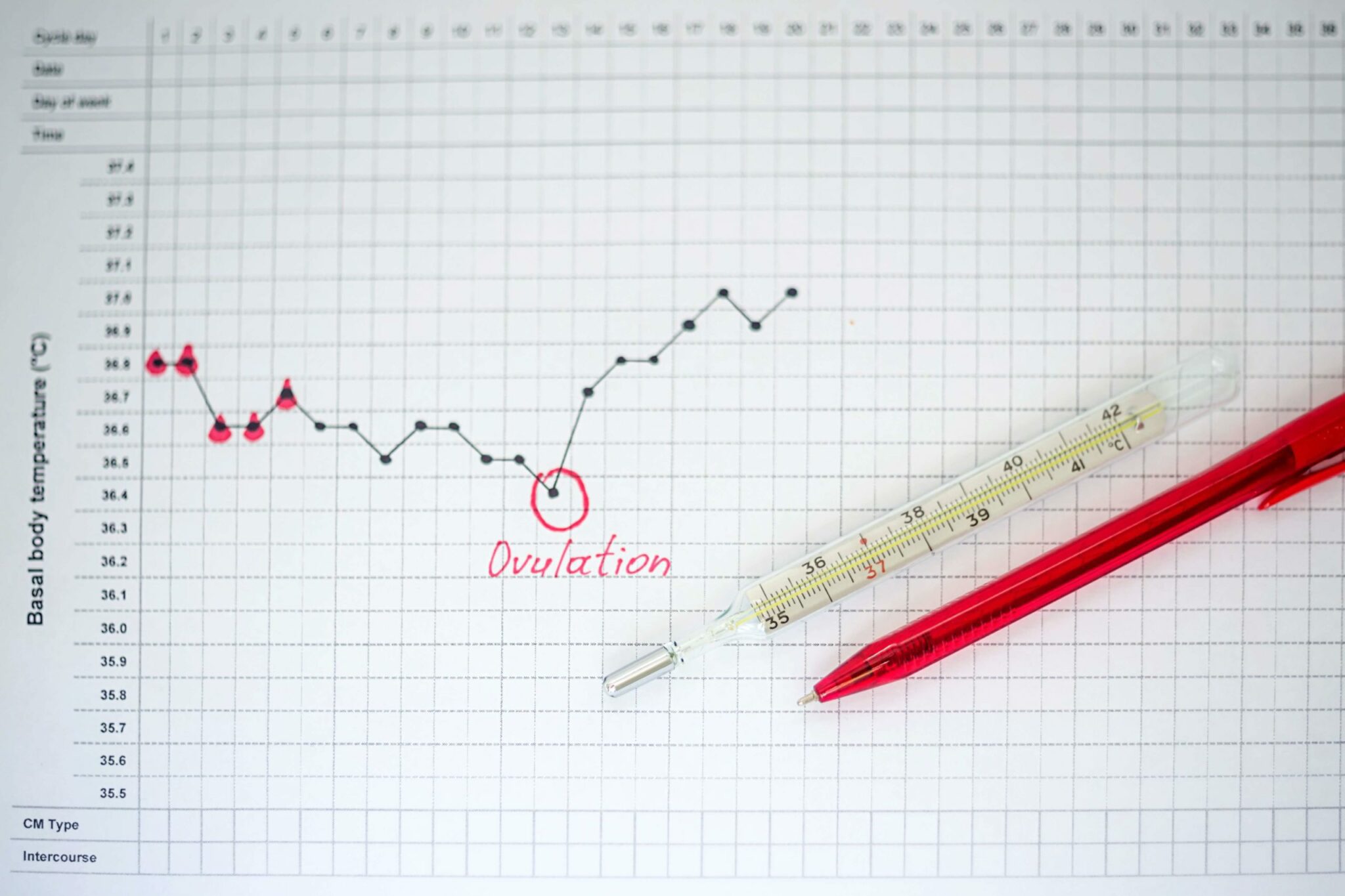Getting started with Nabta Health; Your 101 Guide to Maternal Health


What is maternal health and why is it so important?
Pregnancy and childbirth are exciting, scary, life-changing events. They can be joyful experiences, and they can be fraught with anxiety, and physical and emotional challenges.
Maternal health is about the wellbeing of women and their babies during pregnancy, childbirth, and the postnatal period. Women should feel comfortable and confident in the medical care and attention they receive each stage of their pregnancy journey.
Lack of awareness about the potential complications associated with pregnancy and childbirth can lead to devastating outcomes. Most maternal complications are preventable with prompt support by trained maternal health professionals. The goal for maternal health is always positive outcomes for both mother and baby.
What are maternal health services?
A pregnant woman will usually meet some or all the following skilled healthcare practitioners during and after her pregnancy:
- Doctor or General Practitioner (GP): Provides basic pregnancy care. Doctors with added expertise may share pregnancy care with a hospital.
- Obstetrician: A doctor qualified in specialist antenatal and postnatal care for women and their babies. Obstetricians deliver babies and manage high-risk pregnancies and births.
- Midwife: Medically trained to care for women during pregnancy, labour and after childbirth. Often a pregnant woman will be cared for by a team of midwives.
- Doula: Some women choose a Doula as a companion for support during pregnancy and labour. A Doula is not a medically trained professional.
- Lactation consultant: Helps mother and baby establish breastfeeding and overcome difficulties with latching, low milk supply, and sore nipples.
- Maternal and child health nurses: Monitor the child’s development and growth from newborn until around 3.5 years old.
Antenatal checks, tests, and screenings
Routine antenatal checks and tests are an important part of a woman’s pregnancy care. As the pregnancy progresses, blood tests, urine samples and ultrasound scans are accompanied by scheduled check-ups to assess the mother’s health and wellbeing, and the baby’s development.
Screening and scans during pregnancy typically include a full blood count, infectious disease screen, urine culture, dating scan, screens for genetic abnormalities, gestational diabetes screening, and Group B strep screen.
It’s a personal choice to have all the antenatal tests. A mother’s healthcare team will recommend that she has all tests and scans as scheduled for a complete picture of her health and her baby’s development. The tests are also designed to pick up any medical problems and identify possible genetic conditions affecting the baby. This will enable the mother and her doctors to make informed decisions about further testing or actions.
What are maternal health concerns during pregnancy?
Major maternal health problems can lead to serious illness or death for both mother and baby. Complications can include excessive blood loss during labour, infections, anaemia, high blood pressure (hypertension), obstructed labour, and heart disease. Maternal mental health is also an important consideration.
Pregnancy and childbirth are different for every woman. Access to the right healthcare before, during and after pregnancy will reduce the risk of complications.
– Before pregnancy
Medical history and pre-existing conditions: The healthcare team should be made aware of any medical conditions, medications, or family history that may affect the mother’s health, or the unborn baby’s health during pregnancy.
– During pregnancy
The mother should attend all recommended check-ups and screenings. The maternal health team will monitor and treat pregnancy-related health issues including anaemia, urinary tract infections, hypertension, gestational diabetes, mental health conditions, excess weight gain, infections, hyperemesis gravidarum (severe and persistent vomiting).
– After pregnancy
The postpartum period usually refers to the first six weeks after childbirth. While there’s (understandably) lots of focus on the new arrival, postpartum health is just as important:
- Physical recovery: Allow time for physical recovery from a vaginal birth or C-section. Mothers should prepare for perineal pain, vaginal bleeding (lochia) and uterine contractions.
- Postpartum or postnatal depression: Take care of emotional health. It’s normal to experience the ‘baby blues’ when hormones dip a few days after giving birth. Prolonged low moods and feelings of helplessness should be raised with the healthcare team.
- Rest is best: Try to sleep or rest when the baby sleeps. Rest will help with recovery.
- Eat regularly: Eat regular, healthy meals. What a mother eats, her baby eats.
- Hydrate: Drink water, lots of it. Hydration will aid milk supply.
- Feeding routines: Get support establishing feeding routines, whether breast-feeding or bottle-feeding.
- Physical exertion: Avoid heavy lifting for the first 4 to 6 weeks after delivery and especially after a C-section. Exercise should be gentle walks with the baby. Try not to do any physically demanding activities (no running up and down the stairs and definitely no gym sessions!).
- Vitamins: Continue taking antenatal vitamins
What are postpartum complications?
Postpartum complications to be aware of include mastitis, postnatal depression, excessive bleeding (hemorrhage) after giving birth, infection or sepsis, hypertension, pulmonary embolism, cardiomyopathy, and cardiovascular disease.
Postpartum mothers should be counselled to recognise the signs and symptoms of a problem. Contact a doctor at once at any sign of high fever, flu-like symptoms, a red and swollen breast, a headache that doesn’t improve with medication, chest pain, shortness of breath, seizures, bleeding through one maternity pad in an hour, and a red or swollen leg painful to touch.
What happens at a postpartum check-up?
Postpartum maternal checks are about the mother’s health. At your postpartum check-ups your doctor will check your abdomen, vagina, cervix, and uterus to make sure you are healing well. They will talk to you about when it is safe to have sex again and birth control (remember that even if you don’t have your periods while you breastfeed you can still become pregnant). And your doctor will also talk to you about your emotional health, whether you are getting enough rest, eating well and how you are bonding with your baby. Use these check-ups to raise any concerns you might have with your recovery and emotional wellbeing.
Getting started with Nabta Health
Nabta’s marketplace and resources are designed to support mothers at every stage of their maternal health journey.
From at-home tests to prenatal courses; on-demand Doulas to hypnobirthing courses; maternity pads to nursing bras; prenatal yoga to postpartum care packages… Nabta’s team of healthcare and wellness experts has carefully selected products to meet a woman’s maternal health needs.










































